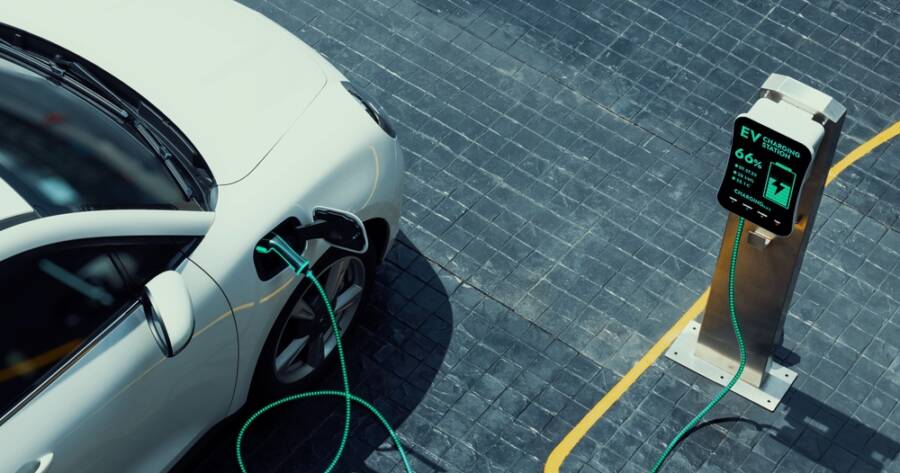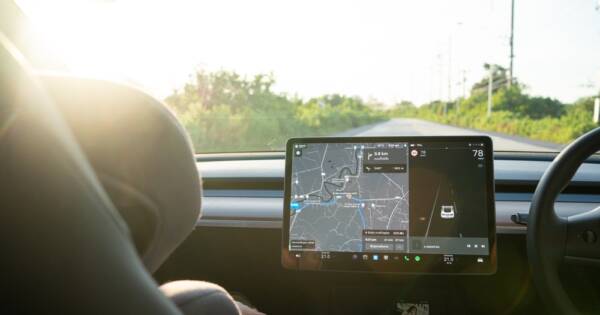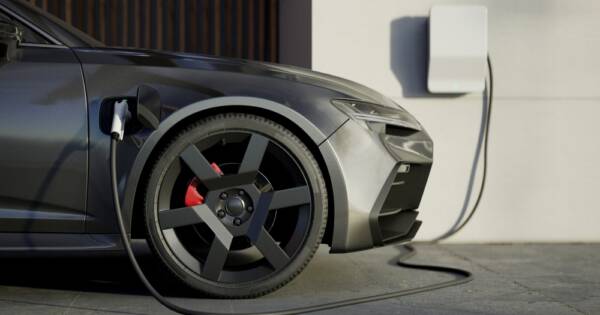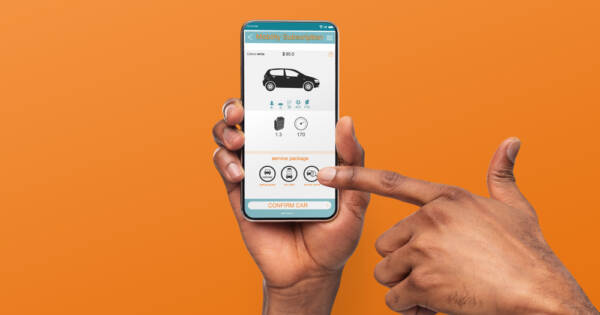Electric vehicles (EVs) represent a transformative shift in the automotive industry, driven by a collective push towards sustainability and innovation. As global interest in reducing carbon emissions and dependency on fossil fuels intensifies, the EV market is experiencing rapid growth and technological advancement. Understanding the current state of this dynamic market unveils the opportunities and challenges it presents for consumers and industry stakeholders.
Technological Innovations in EVs
In recent years, technological advancements have notably accelerated the evolution of electric vehicles, significantly enhancing their appeal and functionality. Leading the charge are improvements in battery technology, where increased energy density and efficiency have expanded driving ranges, making EVs more practical for long-distance travel. Consequently, consumer confidence is growing as range anxiety concerns diminish, paving the way for broader resource adoption.
Additionally, innovations in charging technology further enhance EV appeal. Fast-charging stations are becoming more prevalent, offering rapid refueling times comparable to traditional petrol stops. These innovations contribute to overall convenience and highlight ongoing industry efforts to integrate EVs seamlessly into daily life. With continual advancements, EVs are increasingly positioned as viable, powerful, and sustainable alternatives in the automotive landscape.
Expanding Charging Infrastructure
The expansion of charging infrastructure remains a cornerstone in realizing widespread EV adoption. Both public and private sectors are investing significantly in expanding and modernizing charging networks across urban and rural areas. The availability of diverse charging options—including ultra-fast, rapid, and home charging stations—supports user flexibility and confidence in adopting electric mobility.
The integration of smart technologies into charging systems is also enhancing the user experience. Smart platforms enable real-time station availability checks, seamless payment solutions, and optimized grid energy use, maximizing efficiency. These developments aim to address and resolve charging concerns, promoting broader accessibility and supporting the transition to an electrified transportation future.
Diverse Model Offerings and Consumer Choices
The diversity of electric vehicle models continues to expand, providing consumers with a wider array of choices tailored to varied lifestyles and preferences. Automakers are releasing vehicles across multiple segments, from compact city cars to robust SUVs and performance vehicles, allowing consumers to find models that meet specific needs without compromising features or aesthetics.
In addition to legacy manufacturers diversifying their portfolios, emerging newcomers exclusively focused on EVs contribute to market variety. Advanced technology and innovative designs characterize these models, capturing consumer curiosity. As competition intensifies, consumers benefit from better pricing, incentives, and cutting-edge features, making EV ownership increasingly attractive and attainable.
Environmental and Economic Benefits
The shift towards electric vehicles presents both environmental and economic benefits, reinforcing their status as a cornerstone of sustainable mobility. EVs produce zero tailpipe emissions, significantly contributing to improved urban air quality and supporting global efforts to combat climate change. The integration with renewable energy sources further enhances this positive environmental impact, cementing EVs’ role in a cleaner transportation ecosystem.
Economically, drivers may benefit from lower operating costs through reduced fueling and maintenance expenses. Electric engines have fewer moving parts than traditional combustion engines, potentially yielding more affordable upkeep over the vehicle’s lifespan. Furthermore, government incentives, such as tax credits and rebates, can make EVs financially attainable for more individuals. This confluence of benefits supports an economic case for transitioning to electric transportation.
Challenges and Market Considerations
Despite robust progress, the electric vehicle market faces several challenges requiring strategic attention. Sourcing materials for battery production remains a critical concern, underscoring the need for sustainable extraction and recycling practices. Innovative solutions are emerging to address these challenges, emphasizing sustainable supply chains and circular economy principles.
Moreover, consumer education about EV implications—such as charging practices, maintenance requirements, and total cost of ownership—is vital for overcoming barriers to entry. Addressing misconceptions and enhancing knowledge through public awareness campaigns can empower consumers to make informed, confident decisions. Collaborative efforts from industry players, policymakers, and educators will be crucial in minimizing these challenges and promoting enduring market growth.
Learn More Today
The electric vehicle market is at the forefront of technological innovation, offering sustainable and efficient mobility solutions poised to transform transportation. With advancements in technology, expanded charging networks, and diverse model availability, EVs are gaining momentum as practical alternatives in the automotive world. Understanding the landscape of opportunities and challenges helps consumers and stakeholders navigate this evolving market.
Engage with developments in EV technology, policy incentives, and consumer education to ensure informed decisions that align with environmental objectives and personal needs. As the electric vehicle market continues on its trajectory, embracing this transformative shift signifies a proactive commitment to a sustainable future and lifestyle. Explore the exciting potential of electric vehicles today and become part of the movement towards cleaner, greener mobility.





